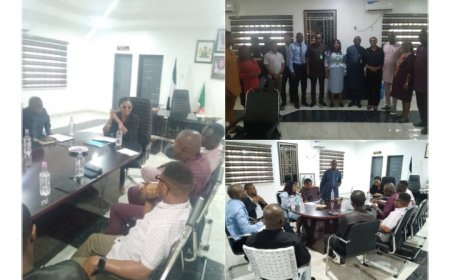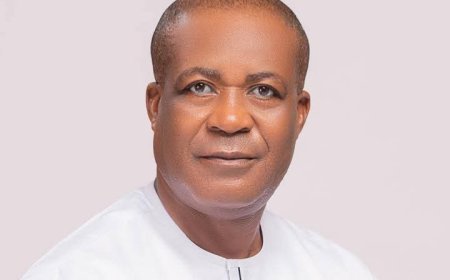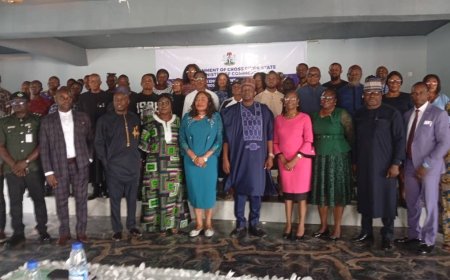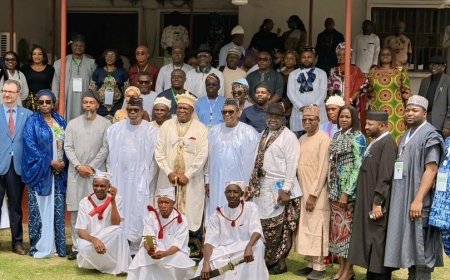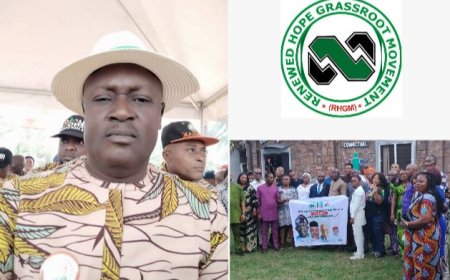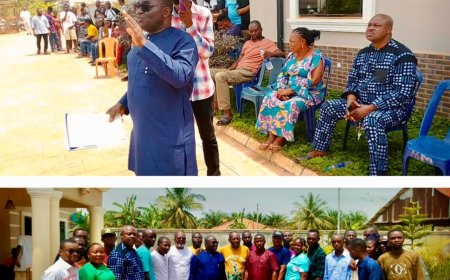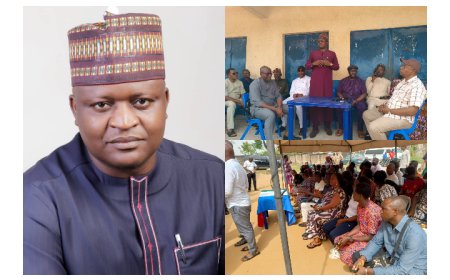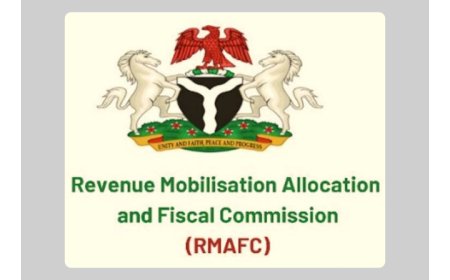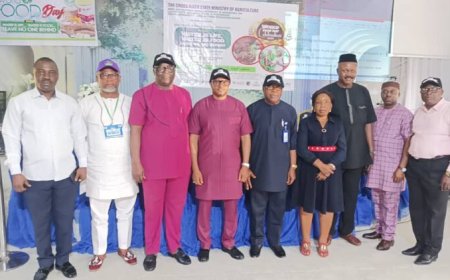Expert Outlines Roadmap for Akwa Ibom Power Sector Reform

By Judex Okoro
Eyo Ekpo, a power sector reform expert and Team Lead for the United Kingdom,Nigeria Infrastructure Advisory Facility, has outlined practical steps Akwa Ibom State can take to achieve universal access to electricity and transform its power sector.
Speaking at an electricity summit recently organised by the state government in Ikot Ekpene, Ekpo urged the government to appoint a team of capable professionals and credible commissioners to develop sound technical and economic regulations for the industry.
He noted that this would safeguard the sector’s independence, much like the model currently adopted by the Enugu State government.
Ekpo advised the state to harmonise all elements of its electricity value chain within a mutually supportive commercial framework aimed at prioritising service delivery.
He recommended the recovery and repositioning of Ibom Power Company, placing it in a sustainable commercial relationship with the state’s electricity distribution company.
“Thereafter, structure their collective operations to maximise reach and commercial intensity by bringing in quality management for both companies through a transparent and professionally executed public-private partnership (PPP) process,” Ekpo said. “The commercial value chain is the bedrock of the establishment and growth of the state electricity market.”
He emphasised the need for a strong focus on the off-grid market and urged the creation of a State Electrification Agency alongside a professional state regulator. Ekpo encouraged the state to integrate natural gas and renewable energy sources such as biomass, wind, and small hydro into its energy mix in a sustainable and economically viable manner.
The expert further called on the government to attract investors and mobilise capital, including Nigeria’s pension funds and diaspora financing, through bankable PPP arrangements and funding support from Development Finance Institutions. “Akwa Ibom has opportunities investors are looking for; the challenge is to structure them credibly,” he added.
He also stressed the importance of human capital development, urging the training of regulators, policymakers, and technical staff to build capacity and maintain momentum in the reform process.
Reflecting on lessons from federal power sector reforms, Ekpo advised the government in Abuja to act as a partner rather than a gatekeeper, supporting states as they undertake the challenging task of building electricity markets from scratch.
“This means a collaborative not aloof transition of regulatory responsibility,” he said. “As states restructure their intra-state markets, the federal government must also reform the Transmission Company of Nigeria, making it commercially driven like the states.”
Ekpo underscored the human impact of electricity reform: “It is not abstract. It is about the child who cannot study at night, the patient whose surgery fails without power, the entrepreneur forced to shut down. Reform is about improving lives.”





